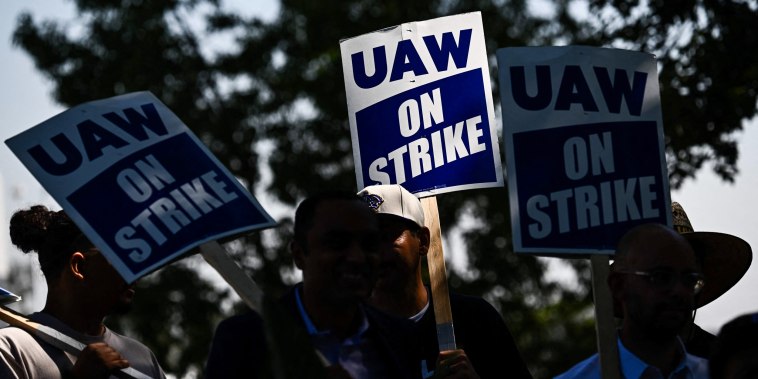As labor movements grow and gain steam across the United States, many industries have been asking what will happen when the dust finally settles. Labor movements have been gaining traction in response to rising corporate power and eroding labor rights. Coupled with technological advancements and an increase in global competition, many industries have experienced job losses, a decrease in wages, fewer benefits, and a lack of job security.
Regardless of the outcome, one thing is certain: workers will be the ones to benefit. Labor unionization gives workers a stronger ability to fight for their rights and demand better wages and benefits. Unions also give workers a larger platform to share their stories and advocate for their rights. Additionally, they give workers a collective voice to bargain with employers on critical workplace issues.
But, it is not just workers that will benefit in the long run. Industries that recognize the power of labor unions and negotiate fair contracts with workers often see increased productivity and improved working conditions. This is because workers are more likely to be loyal and motivated when their needs are better represented and taken seriously.
The outcome of the ongoing labor movements will, without a doubt, impact the larger U.S. economy. When workers are given a larger platform to voice their demands, this can help push the debate over the future of employment. It could also help to create pressure on the government to prioritize the growth of the American workforce. This could result in more generous tax incentives to encourage employers to hire more people and invest in skills training.
No one knows what will happen when the dust finally settles on the ongoing labor movements in the U.S. But, once the dust has settled, it is certain that we will see a change in the landscape of employment and labor rights in the United States. Workers and employers alike will reap the benefits, which will benefit the entire country in the long run.






























